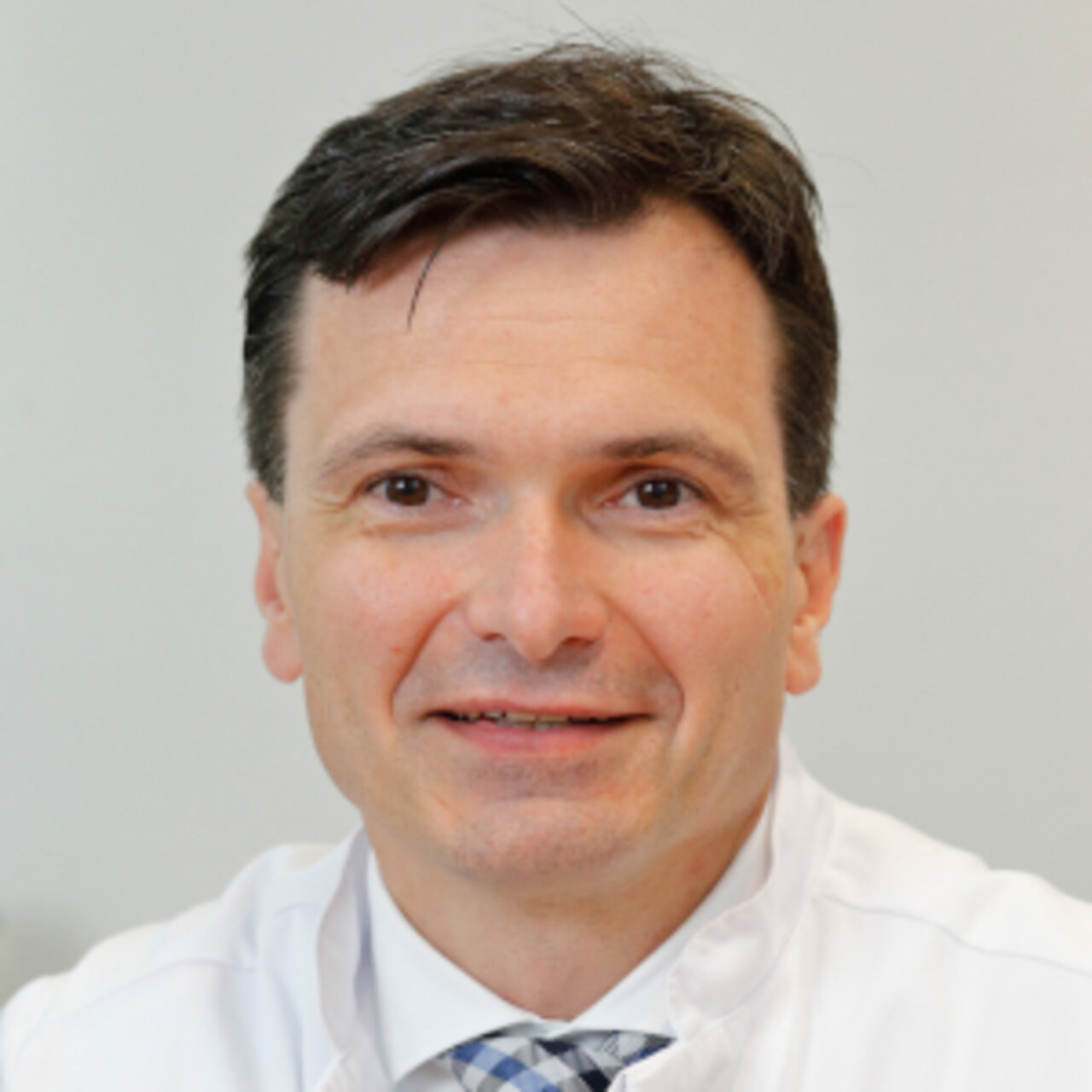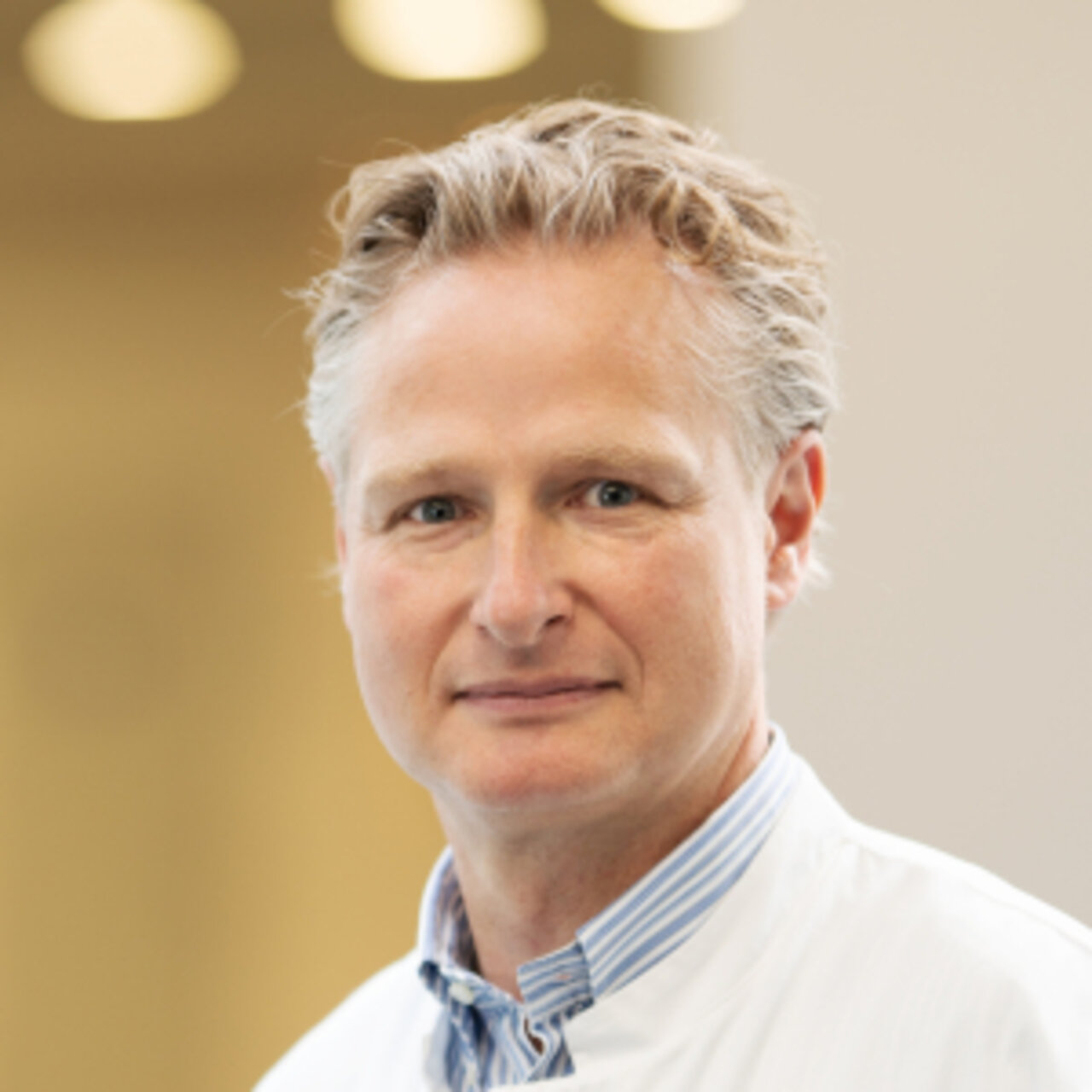Specialists in Ventricular Assist Devices (VAD)
2 Specialists found
Information About the Field of Ventricular Assist Devices (VAD)
What are artificial ventricular assist devices?
An artificial ventricular assist device (VAD) is an electromechanical apparatus that is implanted into the patients with heart failure in order to support the heart's function. According to the system used, these devices enhance the pumping function of the heart's ventricles or, in severe cases, even the entire heart. VADs may be used to bridge the time until a heart transplant is possible, they may be indicated after particularly critical heart surgeries to support the heart in the healing process, and they provide a permanent solution for patients unfit for transplantation.
When is a VAD necessary?
Generally, an artificial heart is only required in the late stages of severe heart failure (medically referred to as cardiac insufficiency). Heart failure usually results from another serious circulatory disease, which is why the cause of the heart failure must first be identified and treated if possible. At the beginning, heart failure symptoms can be managed with medications or lifestyle changes. Should conservative treatment become ineffective, surgical therapy is an option. This is based on the cause of heart failure and the general health of the patient. The use of a VAD is considered only as a last resort or in case of a planned heart transplantation.
What happens during VAD surgery?
VAD surgery can be done either minimally invasive, through two small incisions in the chest wall, or with open heart surgery. The specific surgical technique will be up to the VAD model that is selected as well as the individual patient. During the operation, patients are connected to a heart-lung machine. An artificial heart consists of an inflow tube (the tube into which the blood enters from the ventricle) and an outflow tube (the tube through which the blood is expelled by the pump), between which there is an electric pump. Once the heart is accessed, the inflow catheter of the VAD is inserted into the affected ventricle and secured with sutures. Next, the outflow tube is introduced into either the aorta or the pulmonary artery and is also sutured in place. Thanks to the electric pump running between the two tubes, the heart's natural pumping function can be assisted or bypassed. Depending on what model of VAD is used, the electrical pump may either be fitted directly into the heart or attached to the outside of the heart within an internal pocket created in the chest or abdominal wall. There are even some models that allow the pump to be kept outside the body.
How long can you live with a VAD?
The precise lifespan with an artificial heart varies from person to person and depends on a number of different factors. Most heart failures stem from other serious conditions which have more impact on life expectancy than the artificial heart. In case a VAD is employed as a definitive treatment for patients who cannot undergo heart transplantation, it is built to last far longer than 10 years. This means that the lifespan of such patients is not dependent on the VAD, but rather on their general health status. As noted previously, VAD can also be implanted to bridge the time until a transplant is available. In that case, the devices are intended to function for only a shorter period of time right from the start.
Is it possible to die with an artificial heart?
Yes, one can die with an artificial heart. While the heart is certainly one of the most important organs to keep us alive, a beating heart alone is not enough to sustain life. There are other conditions that can lead to death, including water in the lungs, serious infections, or brain damage. In such cases, even though the artificial heart would keep beating, oxygen supply to the different parts of the body would nevertheless become compromised. In the event of severe bleeding and the resulting loss of blood, the VAD would not be able to maintain the patient's life. Furthermore, heart failure is mostly secondary to other serious cardiovascular problems that will not be resolved by a VAD on its own.
Which doctors and clinics specialize in the implantation of a VAD?
Patients with heart disease are usually treated by a cardiologist. Such specialists can work either in a private practice or a clinic with a department of cardiology. A team of cardiac surgeons will perform the VAD implantation at a center for cardiac and thoracic surgery. The initial diagnosis of a potential heart condition may also be established by a GP who will then arrange further interventions.
If you're in need of a doctor, you expect the best medical care possible. So of course patients are curious to find out what clinic to go to. As there is no objective way to answer this question and a legitimate doctor would never claim to be the best, patients must rely on a doctor's experience.
Let us help you find an expert for your condition. All listed doctors and clinics have been reviewed by us for their outstanding specialization in the field of VAD and are looking forward to your inquiry or wish for treatment.
Sources:
- next.amboss.com/de/article/us0p9h
- herz-thoraxchirurgie.uk-koeln.de/erkrankungen-therapien/kunstherz/
- www.swissheart.ch/herzkrankheiten-hirnschlag/behandlungen/behandlungen/herzunterstuetzungssysteme-vad.html.
- www.dhzb.de/ratgeber/kunstherzen
- www.ukw.de/herz-thorax-chirurgie/schwerpunkte-der-herzchirurgie/operationen-bei-herzschwaeche/implantation-von-kunstherzen/

